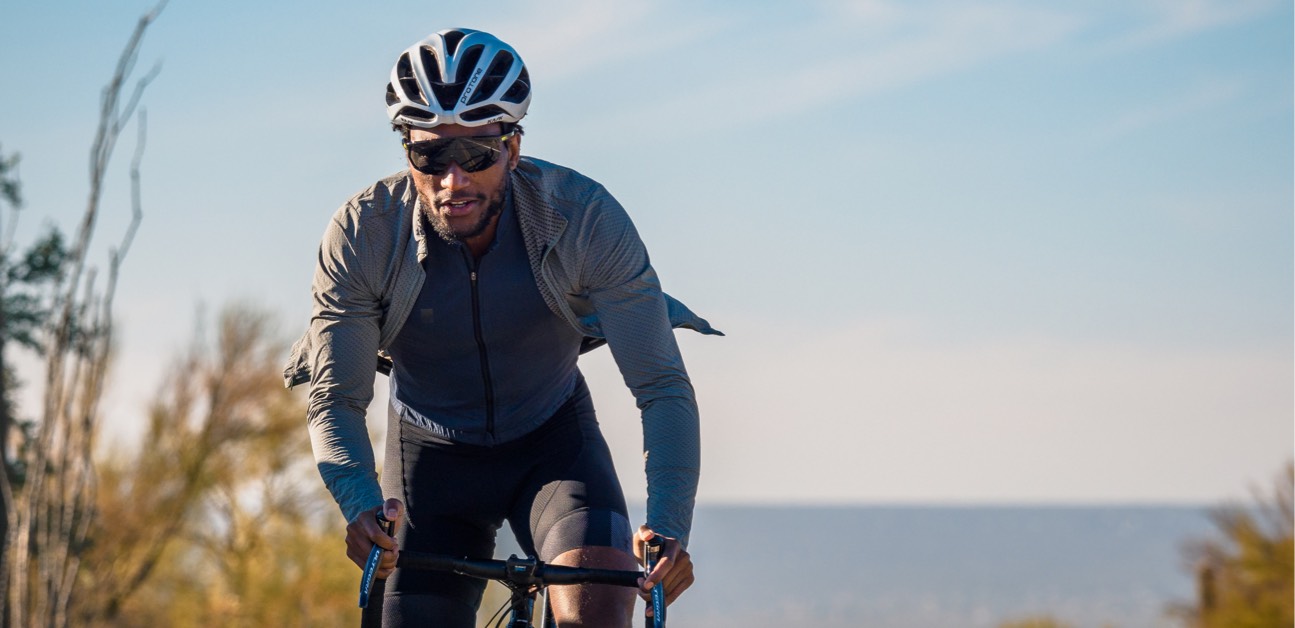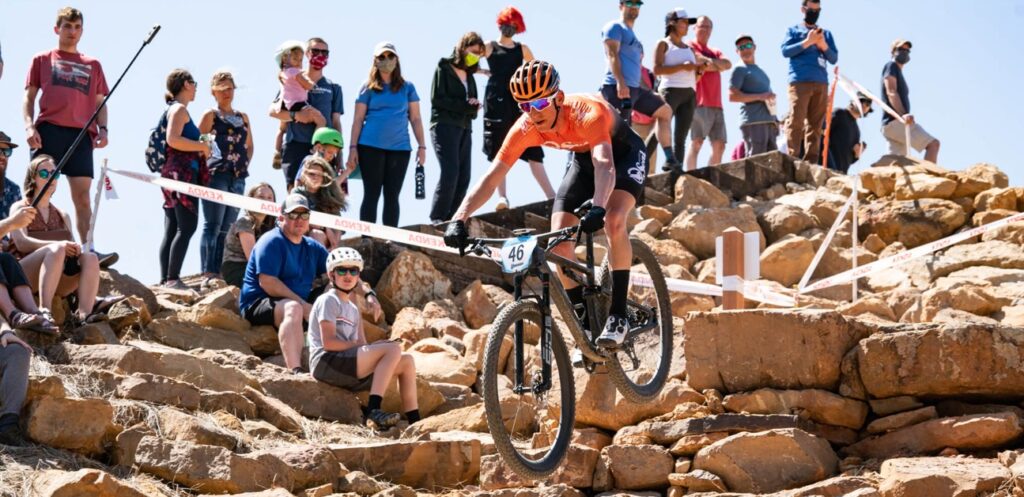You need fitness, strategy and luck to make the sort of move that wins a race, so how do you increase your chances of winning? We’ll dig into this, adrenaline’s effect on endurance performance, and into whether or not training yourself to perform in a sleep deprived state is worthwhile for endurance athletes. Tune into Episode 300 of the Ask a Cycling Coach Podcast now!
More show notes and discussion in the TrainerRoad Forum.
Listen to the Science of Getting Faster Podcast now!
Topics covered in this episode
- Is there benefit to training in a sleep-deprived state? 9:55
- Adrenaline’s role in endurance performance 35:44
- Update on TrainerRoad’s polarized training plans 56:02
- Responding in cycling/motorist conflicts 1:00:14
- Is there an ideal Q-Factor per body type? 1:10:42
- Nutrition and tool-carrying pro-tips 1:12:19
- What the hosts are best at in the training process 1:14:28
- What sort of rider-type is the best? 1:18:58
- How does training affect subsequent mental awareness? 1:27:03
- How to train for race-winning moves 1:42:38
- Live Q&A 1:58:05
Topics covered in this episode
- Sleep deprivation and the effect on exercise performance. Vanhelder et al, 1989 -14:57
- Sleep or swim? Early-morning training severely restricts the amount of sleep obtained by elite swimmers. Sargent, et al, 2012 -19:34
- The effect of sleep restriction, with or without high-intensity interval exercise, on myofibrillar protein synthesis in healthy young men. Saner, et al, 2020 -24:55
- Sleep and Athletic Performance: The Effects of Sleep Loss on Exercise Performance, and Physiological and Cognitive Responses to Exercise. Fullagar, et al, 2014 -26:20
- The Impact of Sleep Duration on Performance Among Competitive Athletes: A Systematic Literature Review. Kirschen, et al, 2018 -27:47
- Additive protective effects of the addition of lactic acid and adrenaline on excitability and force in isolated rat skeletal muscle depressed by elevated extracellular K+. de Paoli, et al, 2007 -43:23
- Adrenaline and the relationship between neuromatism, aerobic fitness and mental task performance. Zijderveld, et al, 1993 -54:57
- Effects of Physical Exercise on Cognitive Functioning and Wellbeing: Biological and Psychological Benefits, Mandolesi, et al, 2018 -1:29:29
- Mental fatigue impairs physical performance in humans. Marcora, et al, 2009 -1:30:47
- Mental Fatigue Alters Cortical Activation and Psychological Responses, Impairing Performance in a Distance-Based Cycling Trial. Pires, et al, 2018 -1:30:55
- Superior Inhibitory Control and Resistance to Mental Fatigue in Professional Road Cyclists. Martin, et al, 2016 -1:31:32
- Self-regulation and depletion of limited resources: does self-control resemble a muscle?. Baumeister, et al, 2000 -1:31:44
- Dehydration and Rehydration. Kenefick, et al, 2012 -1:33:16
- The Effects of Performing Mental Exertion during Cycling Exercise on Fatigue Indices. Barzegar, et al, 2020 -1:38:41
- Effects of acute aerobic and resistance exercise on executive function: An ERP study. Wu, et al, 2019 -1:40:42
Successful Athletes Podcast
For more cycling training knowledge, listen to the Ask a Cycling Coach — the only podcast dedicated to making you a faster cyclist. New episodes are released weekly.

